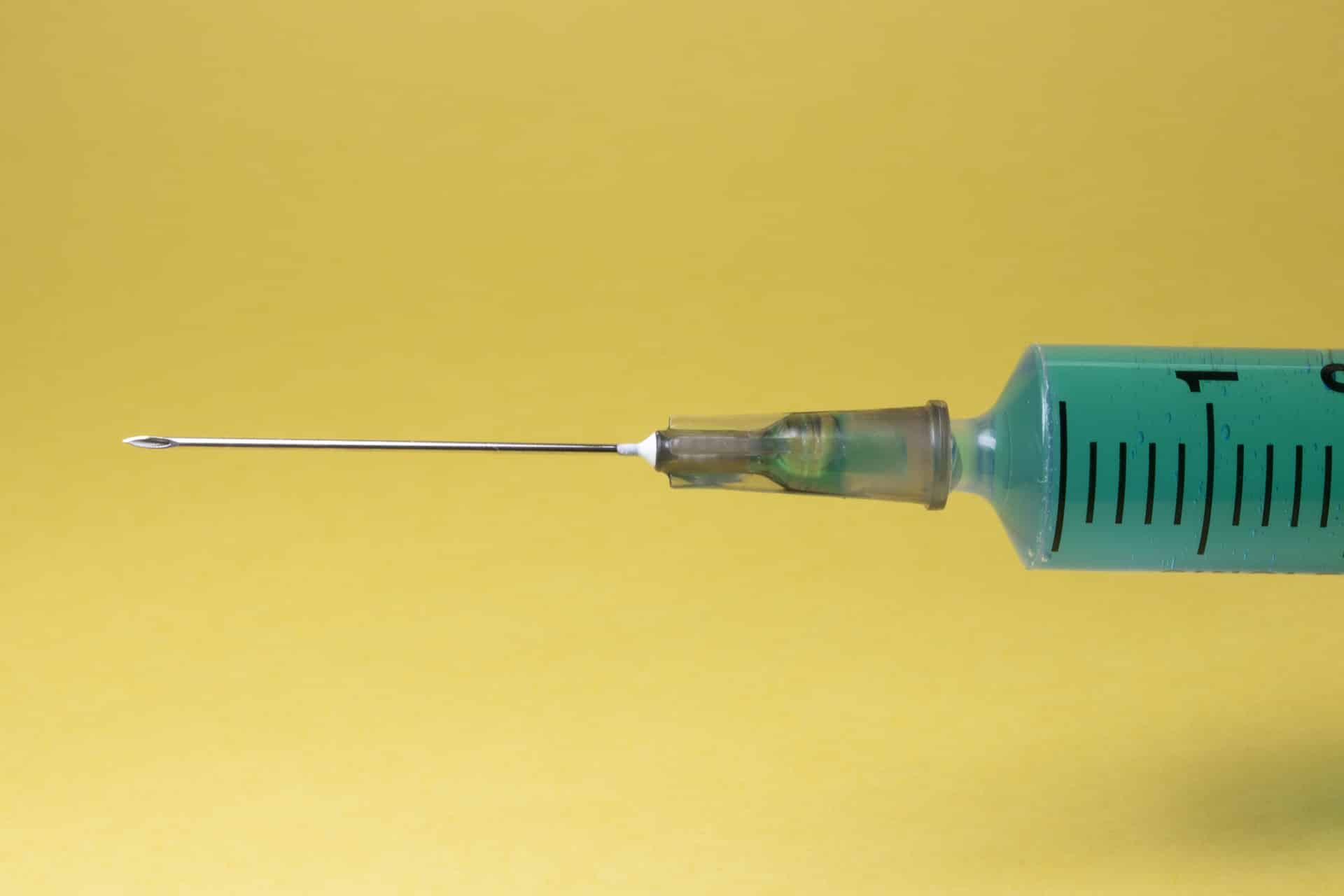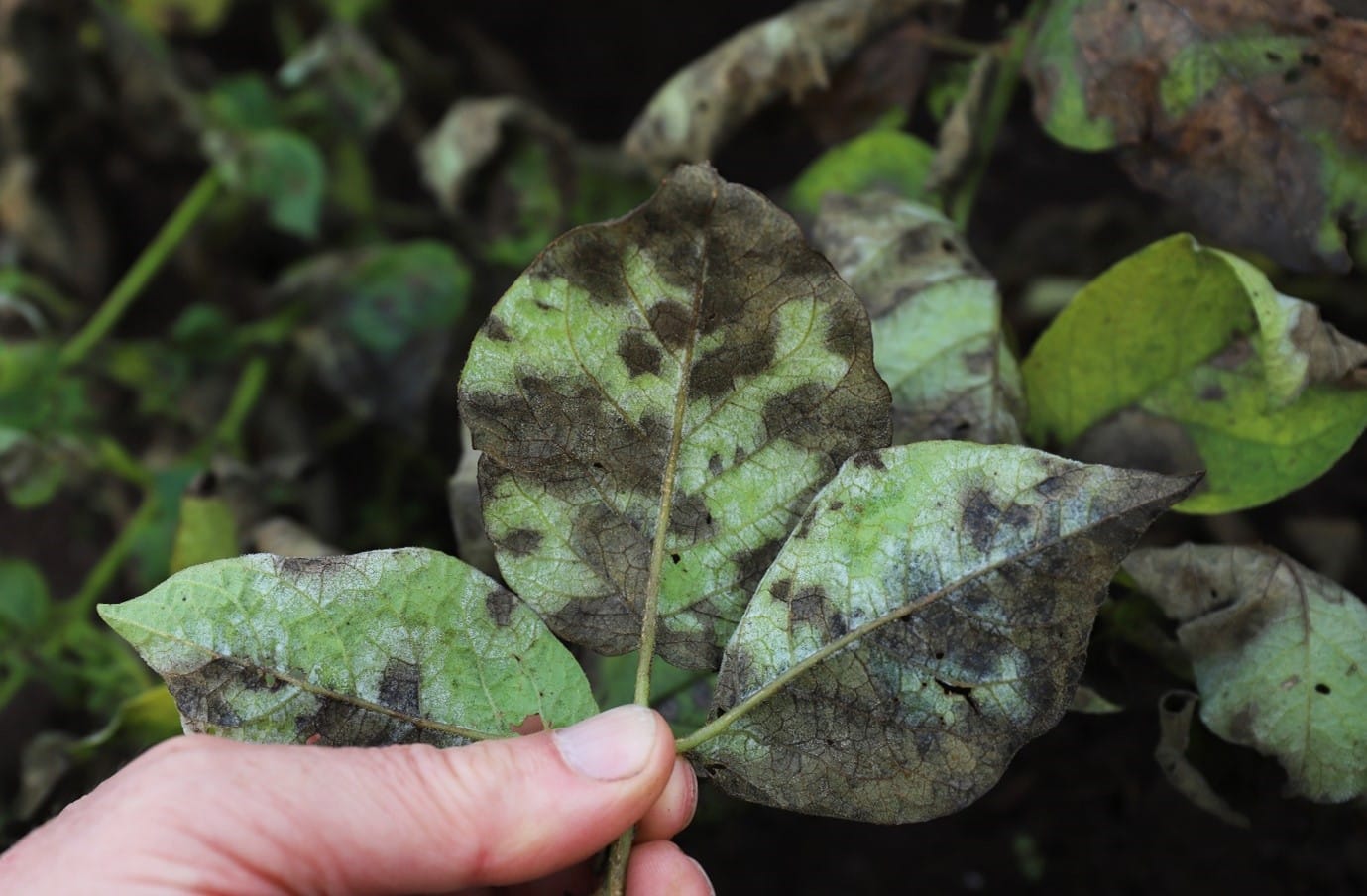Plant viruses can be just as devastating for agricultural crops and the security of food supply as some of the world’s most notorious viruses, SARS-CoV-2 among them, have been for the human population. Plant viruses can be useful as well as harmful, however, and new biotechnology research at the James Hutton Institute is pointing the way to how plant viruses can be harnessed to produce vaccines. Eventually, this technology could improve the UK’s vaccine production capacity.
Scientists at the Institute are looking at how plant viruses can be used to develop vaccines and diagnostics. For a number of years, Hutton researchers have examined and developed tobacco plants as ‘factories’ to successfully synthesise many different protein-based products which can have utility in diagnostic kits and as vaccine components as well as creating structures to produce new biomaterials.
For example, candidate vaccine and diagnostic components against rabbit haemorrhagic disease virus, bovine papillomavirus and sheep scab mite disease have been produced using such systems. In addition to vaccines and diagnostics, the plant factories have been exploited to synthesise a range of different proteins which can have antibacterial, bone mineralising, metal binding and catalytic properties which can be employed for the production of new materials.
This technology, which does not use genetically modified plants, involves taking the isolated genetic sequences of the protein of interest and introducing it into plants with non-infectious plant virus components, and after a few days, these sequences drive the rapid and high yield synthesis of the candidate proteins which can then be extracted from the plant. The inclusion of non-infectious plant virus parts into the sequence greatly enhances the stability and level of production of these proteins in plants.
Dr Andrew Love, a research leader within the Institute’s Cell and Molecular Sciences department, said: “There is now great interest in exploiting my group’s expertise in this technology together with a soon to be established highly-controlled plant growth containment facility and also an integrated protein isolation system, in order to potentially produce a large-scale novel protein production pipeline.
“This could be expected to make commercially-viable proteins but may be rapidly repurposed to synthesize bulk amounts of vaccine and diagnostic proteins in emergencies. Moreover, the residual ‘waste’ plant material left after the products have been extracted constitutes a valuable resource which could feed into Scotland’s emergent circular bioeconomy.”
Although Scotland and the UK are among the leaders in the development of vaccine-based treatments, there is a deficit in vaccine manufacturing capacity. This is being recognised as a significant risk as it could mean we become very reliant on foreign imports of vaccines in emergency situations, which can only be alleviated in the long-term by fostering the development of innovative and competitive new vaccine production pipelines. The envisaged plant-based vaccine synthesis facility could have significant advantages over traditional bacterial, yeast and insect cell vaccine production systems: the plant-based pipeline is safer, cheaper and more scalable, and can yield clinical-grade material in 4-8 weeks rather than in the many months required for traditional approaches.
Plant viruses can be transmitted by contaminated soil, water, or farming machinery as well as by specific insect, nematode and fungus vectors. A survey of plant pathologists identified the top ten viruses affecting crops to be (1) Tobacco mosaic virus, (2) Tomato spotted wilt virus, (3) Tomato yellow leaf curl virus, (4) Cucumber mosaic virus, (5) Potato virus Y, (6) Cauliflower mosaic virus, (7) African cassava mosaic virus, (8) Plum pox virus, (9) Brome mosaic virus and (10) Potato virus X. Every year, these viruses, and many others, cause significant losses to farmers, growers, and the agricultural and horticultural industry.
Virologists at the James Hutton Institute and its forerunner research organisations have studied a wide variety of viruses that infect a range of crops in the UK and around the world. Recent work includes world-leading fundamental research by Prof Michael Taliansky’s group on nucleolar trafficking; strategic research by Prof Lesley Torrance and others on resistance to a range of economically-important potato viruses; and translational research by Dr Stuart MacFarlane and others on virus diagnostics for a range of commercially important soft fruit viruses.
Source: James Hutton Institute












